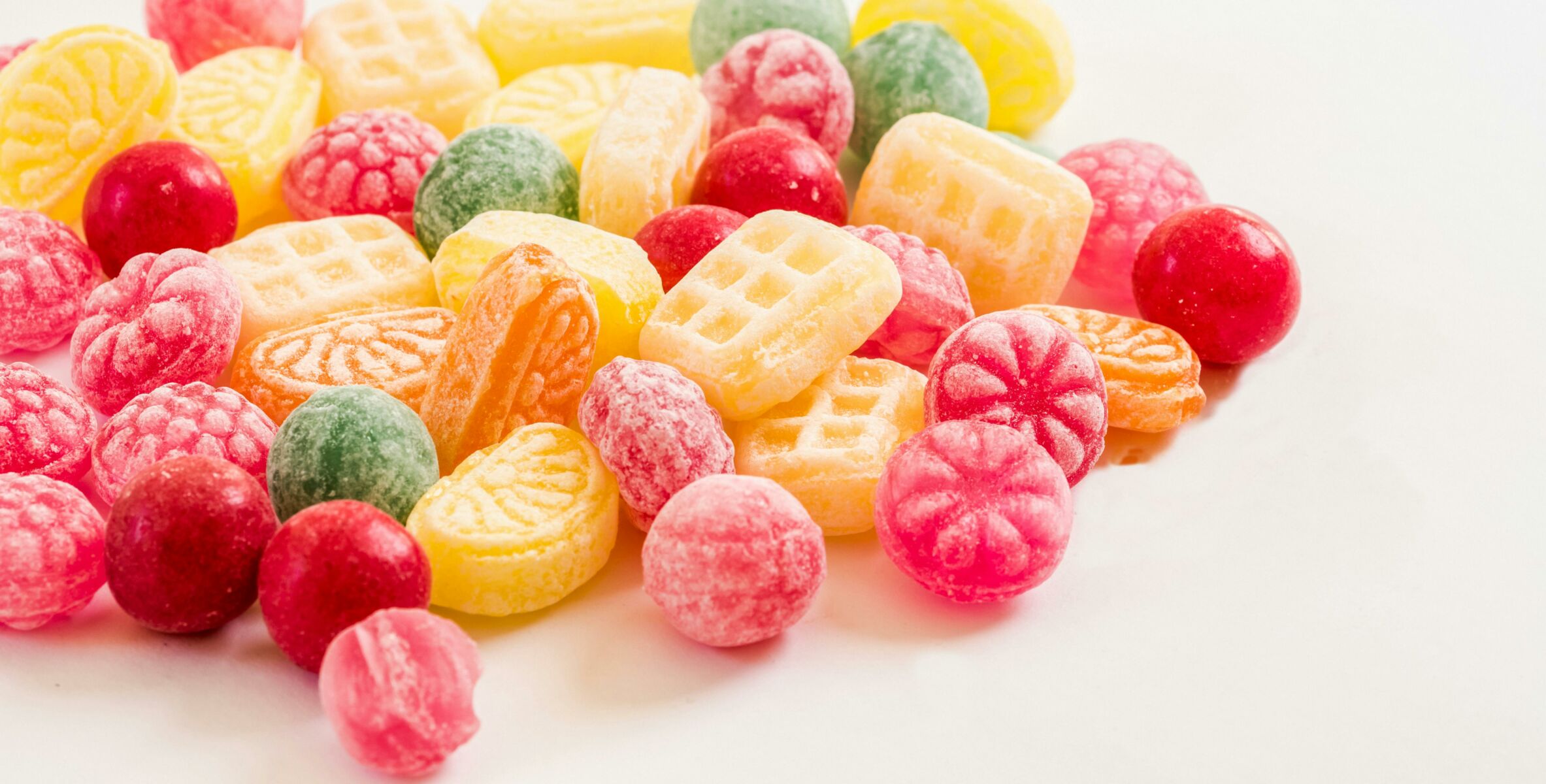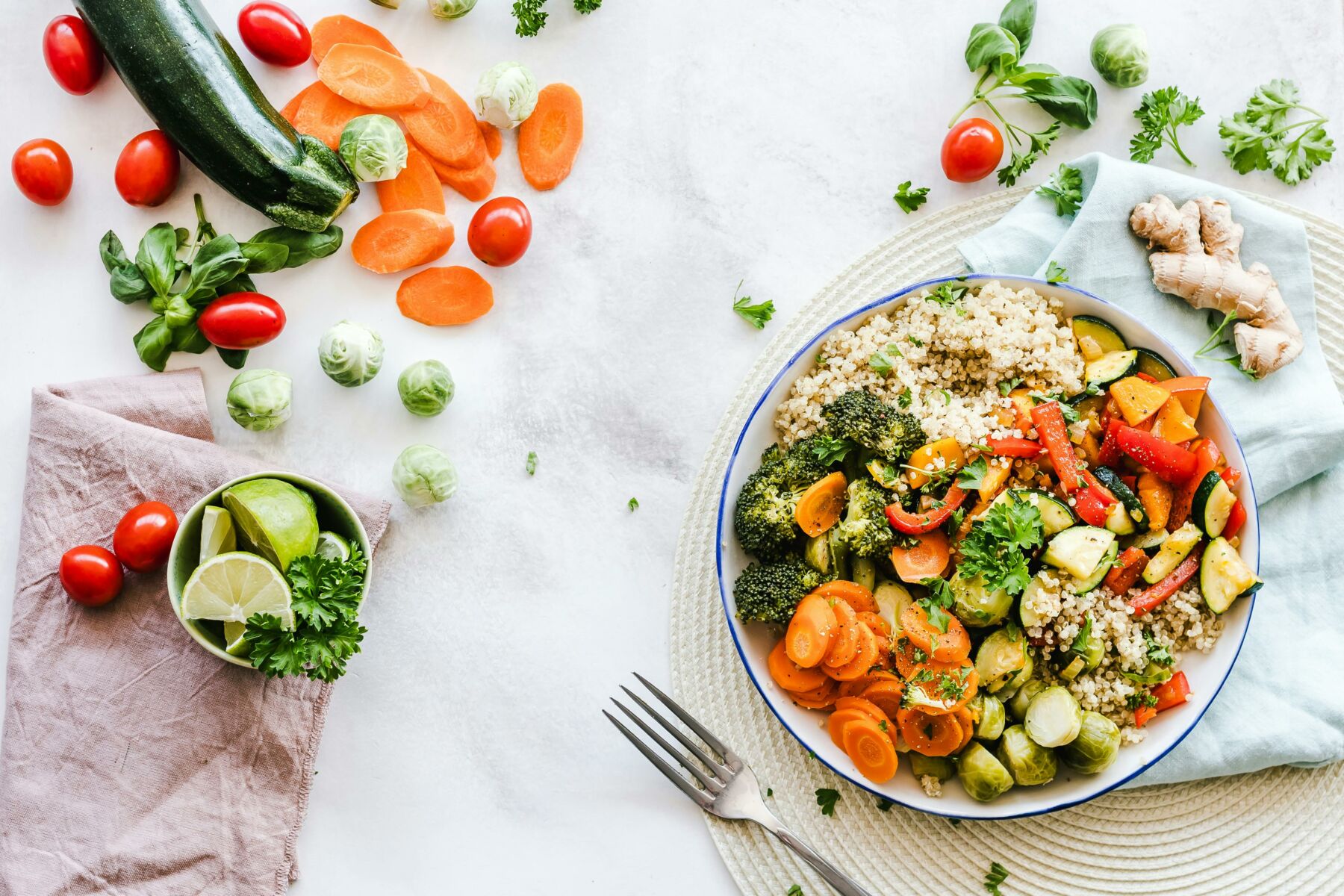Foods to avoid and must-haves when taking antibiotics

When you’re handed a prescription for antibiotics to tackle an infection, it’s more than just taking a pill a few times a day. What you eat during this time can significantly influence how effective the medication is and how well your body copes with the treatment. Here’s a comprehensive guide on the foods to avoid and those to embrace during and after your antibiotic course.
Foods to avoid when taking antibiotics
Antibiotics are a powerful weapon against bacterial infections, but they can be quite specific about what they need to work effectively. Several primary reasons highlight why your diet matters:
- Medication absorption: Some foods can interfere with the absorption of antibiotics, making them less effective.
- Side effects: Certain foods can increase the likelihood of experiencing side effects like an upset stomach.
- Gut microbiota: Antibiotics can disrupt your gut bacteria, eliminating both harmful and beneficial bacteria. Nutrition and supplement choices can mitigate these effects and reduce the risk of side effects like diarrhoea.

Six Foods to Avoid While on Antibiotics
- Dairy products
The calcium in dairy products, including cheese, milk, and yoghurt, can bind to antibiotics and prevent them from being absorbed effectively. This issue is particularly relevant for antibiotics in the tetracycline and fluoroquinolone classes. To avoid this interaction, consume calcium-rich foods at least two hours before or six hours after taking your antibiotic.
- Caffeinated drinks
Caffeine and antibiotics can clash in your system. For example, ciprofloxacin can increase caffeine levels, leading to heightened stimulant effects. Reducing caffeine intake, particularly from high-caffeine products like energy drinks, can help avoid these issues. Discuss with your healthcare provider if you’re concerned about caffeine interactions.
- Alcohol
Mixing alcohol with antibiotics is generally a bad idea. Alcohol can:
- Impair your body’s ability to fight infections.
- Interact with certain antibiotics (e.g., metronidazole) causing severe side effects like nausea, flushing, and confusion.
- Harm the liver, especially when combined with antibiotics that carry a risk of liver damage.
To ensure effective treatment and reduce risks, it’s best to avoid alcohol completely during your antibiotic course.
- High-fibre foods
While fibre is beneficial for gut health, it can interfere with antibiotic absorption if consumed simultaneously. Foods like lentils, beans, and whole grains should be limited during your antibiotic course. After finishing your medication, these foods become beneficial again as they help restore gut bacteria balance.
- Acidic foods
Highly acidic foods can affect how well antibiotics are absorbed. Limiting or avoiding sodas, tomato sauces, and citrus products can be helpful. These foods are also linked to stomach upset and indigestion, which can be exacerbated by antibiotics.
- Processed and sugary foods
Processed foods and those high in added sugars can impair your immune function and exacerbate side effects. These foods are less nutrient-dense and can make it harder for your body to fight infections. Opt for whole, nutrient-rich alternatives to support your immune response.
What to eat when taking antibiotics
- Probiotic foods for gut health
Since antibiotics can disrupt your gut bacteria, consuming probiotics can help restore balance. Foods like yoghurt and kefir with live cultures are beneficial. Additionally, fermented foods like kimchi, sauerkraut, and kombucha provide living beneficial bacteria directly to your gut.
- Broth-based soups
Soups using broth as a base, without dairy or tomato products, can help with hydration and provide nutrients. They are also easy on the stomach, which is essential if you’re experiencing side effects like nausea.
- Hydration
Drinking plenty of water is crucial. If you’re dealing with side effects like diarrhoea, consider sugar-free sports drinks to replace lost electrolytes. Proper hydration supports your overall health and aids in the effectiveness of your treatment.

Food to take after a course of antibiotics to restoring gut health
- Probiotics
Taking probiotics during and after your antibiotic course can significantly help in maintaining and restoring gut bacteria. Probiotic supplements are particularly effective in preventing and treating antibiotic-associated diarrhoea. Discuss with your healthcare provider to determine the best probiotic strategy for you.
- High-fibre foods
Once your antibiotic course is completed, reintroduce high-fibre foods like whole grains, fruits, and vegetables to support gut bacteria growth. Fibre acts as a food source for healthy bacteria, aiding in their recovery and proliferation.
- Prebiotic foods
Prebiotics are foods that feed the good bacteria in your gut. Foods like garlic, onions, and bananas are excellent choices. Prebiotics help nourish beneficial bacteria, aiding in the restoration of a healthy gut microbiota.
Managing antibiotic side effects
Stomach upset and diarrhoea
Many antibiotics can cause stomach upset and diarrhoea. To mitigate these side effects:
- Taking antibiotics with a snack or meal is recommended.
- Include probiotic foods like yoghurt in your diet.
- Consider probiotic supplements if diarrhoea persists, as they have been shown to be effective in clinical trials.

Following prescription instructions
Adhering to the instructions on your medication label is crucial:
- Finish the entire course of antibiotics, even if you start feeling better.
- Some antibiotics should not be crushed or chewed; if you have trouble swallowing pills, ask your provider for alternatives.
- If you miss a dose, take it as soon as you remember unless it’s close to your next dose. Never double up on doses.
- If the label advises taking it with food, follow this to enhance absorption and reduce side effects.
- If the label advises taking on an empty stomach, time your meals accordingly to ensure the medication is effective.
The last word
Your diet plays a pivotal role in your health, especially when you are recovering from an illness with the help of antibiotics. By avoiding certain foods that can interfere with medication absorption and embracing those that support gut health, you can enhance the effectiveness of your treatment and reduce side effects.
FAQ
How to restore gut health after antibiotics?
Focus on consuming probiotics and prebiotics. Probiotics provide beneficial bacteria, while prebiotics, found in high-fibre foods, nourish these bacteria.
Should you eat yoghurt while taking antibiotics?
Yes, yoghurt with active cultures can help prevent and treat antibiotic-associated diarrhoea. Ensure it is spaced properly from your antibiotic doses.
Do antibiotics kill probiotics?
Antibiotics can impact probiotics, but taking them a few hours apart can help. Some strains are more susceptible, so discuss specific recommendations with your doctor.
Do you have to take antibiotics with food?
It depends on the antibiotic. Follow the label instructions and consult your healthcare provider for any questions about your specific medication.
By understanding and managing the interactions between antibiotics and your diet, you can ensure a smoother recovery process and support your overall health. If you are looking for consultation on which antibiotics you need, you can visit phuket.surgery to find the best clinics and deals for you.
Latest Thailand News
Follow The Thaiger on Google News:


























